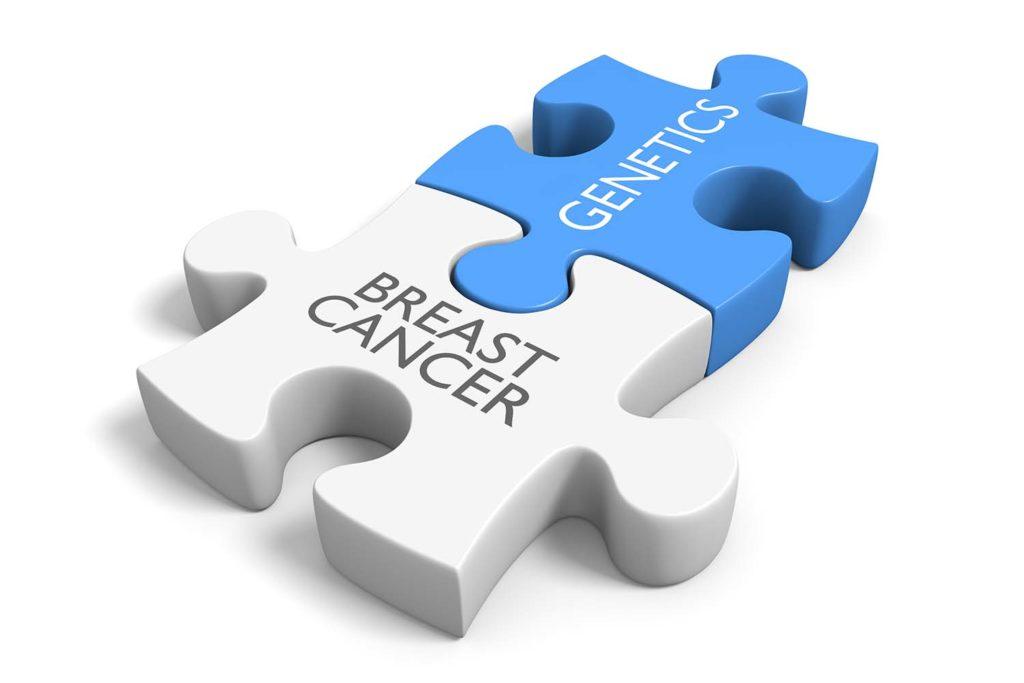Second To Nature Knows – BRCA2 Means an Increased Risk of Cancer
This month, we’re explaining how the BRCA2 gene affects breast cancer. BRCA2 is known as the Breast Cancer 2 gene. Every human being has inherited two duplicates of BRCA2 from each parent. Though normally a beneficial element to human DNA, those with harmful BRCA2 variants have increased risks for breast cancer. (Humans also inherit two BRCA1 genes from their parents. Though similar to BRCA2, BRCA1’s not associated with an increased risk of breast cancer, specifically.)
Normally, BRCA2 Helps Make Proteins That Act as Tumor Suppressors
BRCA2’s normally expressed in breast and other tissue cells. When functioning properly and not as a harmful variant, BRCA2 creates proteins that help repair damaged DNA. It also prevents cells from increasing and splitting in such a way they might create a cancerous tumor. According to cancer.gov, “… BRCA2 (genes) are sometimes called tumor suppressor genes because when they have certain changes, called harmful … variants …, cancer can develop.”
BRCA2 Variants Relate to an Increased Risk of Breast Cancer
Variants in the BRCA2 gene lead to the creation of nonfunctional versions of the BRCA2 protein in each cell. This means the protein isn’t as available to repair damaged DNA and, therefore, can’t suppress possible tumor growth. As such, variants in BRCA2 genes are related to an increased risk of breast cancer. Both men and women with these harmful variants in their cells have this increased risk. Individuals can also pass the variants from one generation to the next.
Who Should Get Genetic Testing to Find Any Harmful BRCA2 Variants?
Not every person who inherits a BRCA2 gene variant will develop breast cancer. Other factors, including environmental and lifestyle, plus additional genetics, contribute to cancer’s increased risk as well. That said, if you’re concerned about having a harmful BRCA2 variant, review your risk factors with your health care provider. If reviewing your risk factors concludes your concerns are valid, a genetic counselor referral can lead to genetic testing.
Know What to Expect When Meeting with a Genetic Counselor About Testing
Prior to getting genetic testing, the genetic counselor will likely do another risk assessment. The genetic counselor will also discuss the benefits and risks of genetic testing as a means to obtain informed consent. With increased risk for cancer confirmed, plus informed consent, the genetic counselor will order the appropriate BRCA2 variant genetic test.
Reach out to Second To Nature at (540) 366-2711 for information about our services. We specialize in custom breast prosthesis and mastectomy education. Check us out on Facebook for more on how the BRCA2 gene affects breast cancer.

